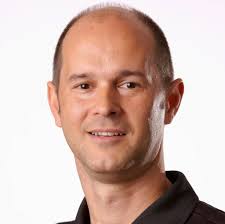
#8: Using development to move your career
- May 2, 2017
- Jen Kelchner
Stuck? Define, learn, plan, reframe.
Who hasn’t ever felt stuck. Especially in our career. We talk with Chuck Papandrea in this episode about how to move, even when in a great career track, to find satisfaction and growth. Initial steps to start when you are looking to get unstuck. And, how to leverage continuous improvement through professional and personal development to achieve your goals.
Guest: Chuck Papandrea
Business Coach & Consultant
Corporate, Personal & Financial Development
When we talk about failure a lot of times it is associated with an event, something happens in your life, and it’s the mindset of you know a failure. That event in and of itself is a neutral, one time event. It’s something that happened. It’s how we view that event, it’s our perspective on that event that determines whether or not we see it as positive. – Chuck Papandrea

